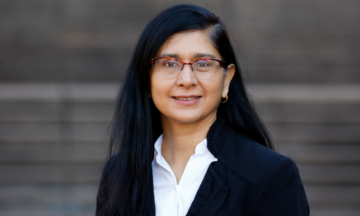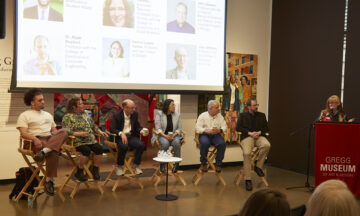
Recent Posts

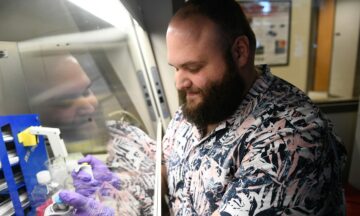
Michael Daniele Receives the 2024 William F. Lane Outstanding Teaching Award
Michael Daniele, associate professor in the Departments of Electrical and Computer Engineering & Biomedical Engineering, has received the 2024 William F. Lane Outstanding Teaching Award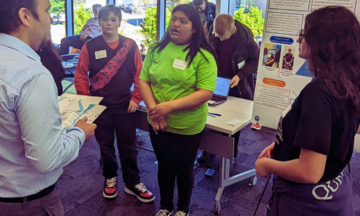
NC middle and high schoolers demonstrate the future of ASSISTive technology
The annual Wearable Device Challenge is in its eighth year at NC State, with one year off for the pandemic in 2020. Put on by the ASSIST Center, students are tasked with developing wearable health monitoring devices for humans or animals.
Researchers Help AI Express Uncertainty to Improve Health Monitoring Tech
A team of engineering and health researchers has developed a tool that improves the ability of electronic devices to detect when a human patient is coughing, which has applications in health monitoring. The new tool relies on an advanced artificial intelligence (AI) algorithm that helps the AI better identify uncertainty when faced with unexpected data in real-world situations.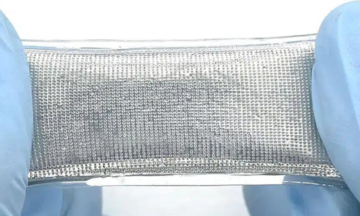
Researchers Develop Elastic Material That Is Impervious to Gases and Liquids
This article was originally posted here. An international team of researchers has developed a technique that uses liquid metal to create an elastic material that...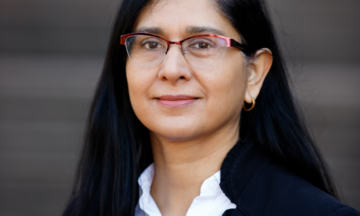
Veena Misra Named as MC Dean Distinguished University Professor
Veena Misra has earned the second honorific professorship title MC Dean Distinguished University Professor in Electrical and Computer Engineering.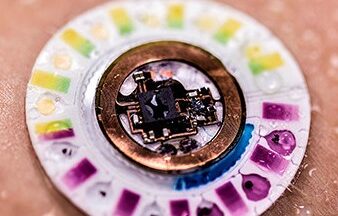
Here a sensor, there a sensor…
Meet some ECE faculty members who are putting sensors to use in new ways. This post was originally published here. Sensor technologies can be used to...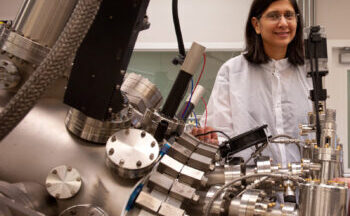
Misra Named to DARPA Microsystems Exploratory Council
The Defense Advanced Research Projects Agency (DARPA) has named Dr. Veena Misra to the Microsystems Exploratory Council (MEC) for a three-year term beginning this summer....